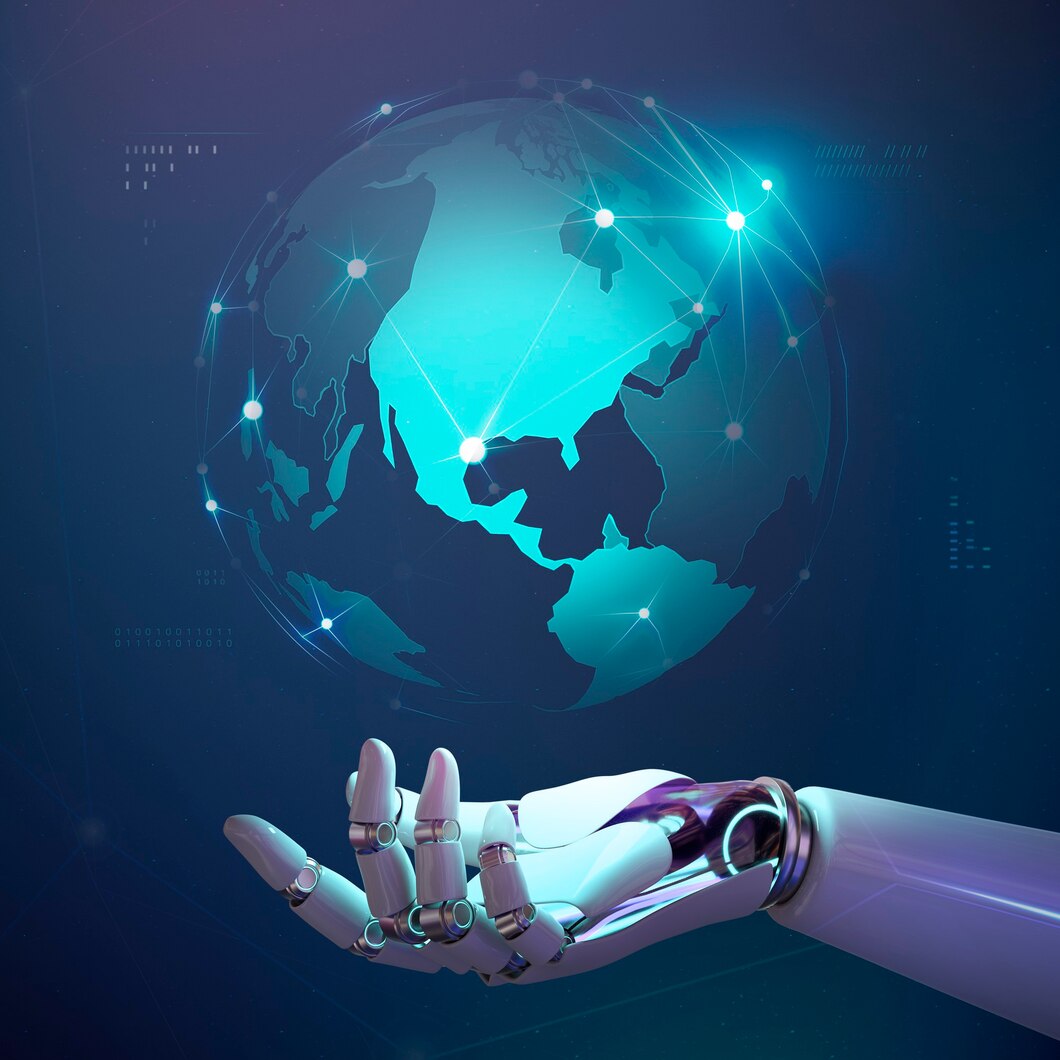The education system in Botswana is currently undergoing a transformative shift, with a focus on incorporating artificial intelligence (AI) to enhance learning outcomes. This innovative approach aims to improve academic performance and bridge the skills gap, equipping students for the demands of future job markets. While the integration of AI presents significant opportunities, it also raises challenges, including the need for extensive teacher training and ethical considerations surrounding data privacy and bias. This article will explore both the opportunities and challenges associated with the integration of AI in Botswana’s education system.
Opportunities Presented by AI in Education
- Personalized Learning
AI technologies can provide personalized learning experiences tailored to individual student needs. By analyzing students’ learning styles and performance data, AI can offer customized resources and recommendations, enabling learners to progress at their own pace. This personalized approach can significantly enhance engagement and comprehension, particularly for students who struggle in traditional educational settings. - Enhanced Teaching Tools
AI-powered tools can assist teachers in developing more effective lesson plans and instructional materials. By leveraging data analytics, educators can gain insights into student performance and identify areas that require additional focus. This allows for a more targeted approach to teaching, ultimately improving overall academic performance. - Bridging the Skills Gap
As the job market evolves, there is an increasing demand for skills related to technology and critical thinking. AI can help bridge this skills gap by equipping students with relevant competencies, such as coding, data analysis, and problem-solving. By integrating AI into the curriculum, Botswana’s education system can better prepare students for the jobs of the future. - Increased Accessibility
AI can enhance accessibility for students with disabilities or learning difficulties. Through the use of adaptive technologies, AI can facilitate inclusive education by providing tailored resources that cater to diverse learning needs, ensuring that all students have the opportunity to succeed.
Challenges of Integrating AI in Education
- Teacher Training
One of the most significant challenges in integrating AI into Botswana’s education system is the need for extensive teacher training. Educators must be equipped not only with the technical skills to use AI tools but also with the pedagogical knowledge to integrate these technologies effectively into their teaching practices. Without proper training and support, the potential benefits of AI may not be fully realized. - Data Privacy and Security
The use of AI in education raises ethical considerations surrounding data privacy and security. Collecting and analyzing student data can lead to concerns about how this information is used and stored. It is essential to establish clear policies and protocols to protect student data and ensure that privacy rights are upheld. - Addressing Bias in AI Systems
AI systems can inadvertently perpetuate biases present in the data they are trained on, leading to unfair outcomes for certain groups of students. It is crucial to address these biases through careful design, implementation, and ongoing monitoring of AI systems in education. Ensuring equity and fairness in AI applications is a significant concern that must be prioritized. - Infrastructure and Resource Limitations
The successful integration of AI in education requires adequate technological infrastructure, including reliable internet access and modern devices. In some areas of Botswana, resource limitations may hinder the effective deployment of AI tools, creating disparities in educational opportunities.
The transformative shift towards incorporating artificial intelligence in Botswana’s education system presents a unique opportunity to enhance learning outcomes and prepare students for the demands of the future job market. While the potential benefits are significant, addressing the challenges associated with teacher training, data privacy, bias, and infrastructure is crucial to ensure a successful integration of AI. By navigating these complexities thoughtfully, Botswana can create an education system that not only embraces technological advancements but also prioritizes equity and inclusivity for all learners.










